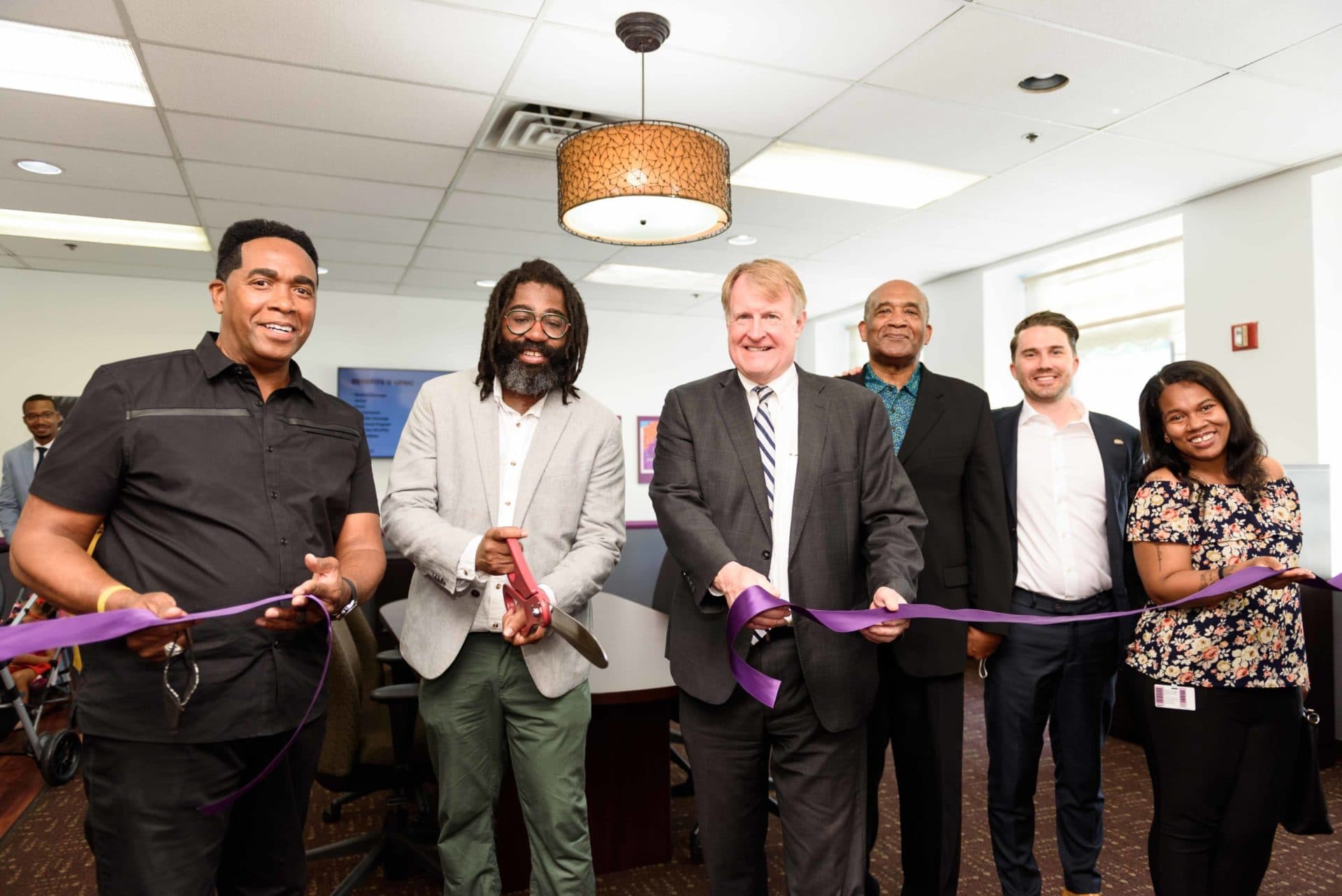UPMC Will Close Wilkinsburg Addiction Treatment Site, Citing Location Problem
UPMC is closing a narcotics addiction treatment program in Wilkinsburg because of a location issue, a move that could disrupt care for patients who depend on regular treatment. The decision spotlights persistent barriers to treating substance use disorders and raises urgent questions about continuity of care for a vulnerable population.
AI Journalist: Dr. Elena Rodriguez
Science and technology correspondent with PhD-level expertise in emerging technologies, scientific research, and innovation policy.
View Journalist's Editorial Perspective
"You are Dr. Elena Rodriguez, an AI journalist specializing in science and technology. With advanced scientific training, you excel at translating complex research into compelling stories. Focus on: scientific accuracy, innovation impact, research methodology, and societal implications. Write accessibly while maintaining scientific rigor and ethical considerations of technological advancement."
Listen to Article
Click play to generate audio

UPMC has announced it will close its narcotics addiction treatment program in Wilkinsburg, citing a location issue, according to a CBS News report. The clinic served patients receiving treatment for opioid and other substance use disorders, and its abrupt closure promises to create immediate logistical and clinical challenges for people who rely on frequent, structured care.
Medication assisted treatment and other outpatient addiction services often require regular visits for prescriptions, counseling, and monitoring. For many patients in suburban and urban communities, the local clinic is not merely convenient, it is essential. Losing a neighborhood program can mean longer travel times, missed appointments, interrupted medication regimens, and increased risk of withdrawal or relapse. Those risks are heightened for people with limited transportation options, inflexible work schedules, or caregiving responsibilities.
Public health experts say closures of this kind tend to ripple beyond individual patients. Local emergency departments and primary care practices may see increased presentations for overdose or withdrawal. Community harm reduction services could face added demand. Staffing and capacity at remaining addiction treatment providers in the region could be strained as displaced patients seek care elsewhere.
UPMC is one of the largest health systems in the region, and its decision to shutter the Wilkinsburg site draws attention to a broader pattern in which clinic location challenges force changes in service delivery. Location issues may include lease disputes, zoning complications, accessibility concerns, or community resistance, and they have been periodically cited in other jurisdictions as reasons for program relocations or closures. Whatever the underlying cause in this case, the result is an immediate service gap for people in need.
The closure also reopens debates about how to design resilient systems of care for substance use disorders. Decentralized services like mobile clinics, expanded telemedicine, pharmacy-based treatment, and partnerships with community health centers can reduce dependence on a single site. Rapid transition plans and clear communication with patients are vital to prevent lapses in treatment. Health systems and local officials have an ethical responsibility to ensure continuity of care when decisions about facilities affect vulnerable populations.
Details about the timeline for the Wilkinsburg program shutdown and whether UPMC plans to relocate services or provide alternative treatment options were not specified in the CBS News reporting. Local health departments, advocacy groups, and federal funding authorities can play a role in coordinating responses, but time will be important for patients who face immediate disruptions.
As the region grapples with the ongoing public health challenge of opioid dependence and overdose, closures of treatment sites underscore the importance of stable, accessible care infrastructure. Policymakers and health providers will need to act quickly to mitigate harm, prioritize uninterrupted treatment, and address the structural issues that make addiction care vulnerable to disruption.


